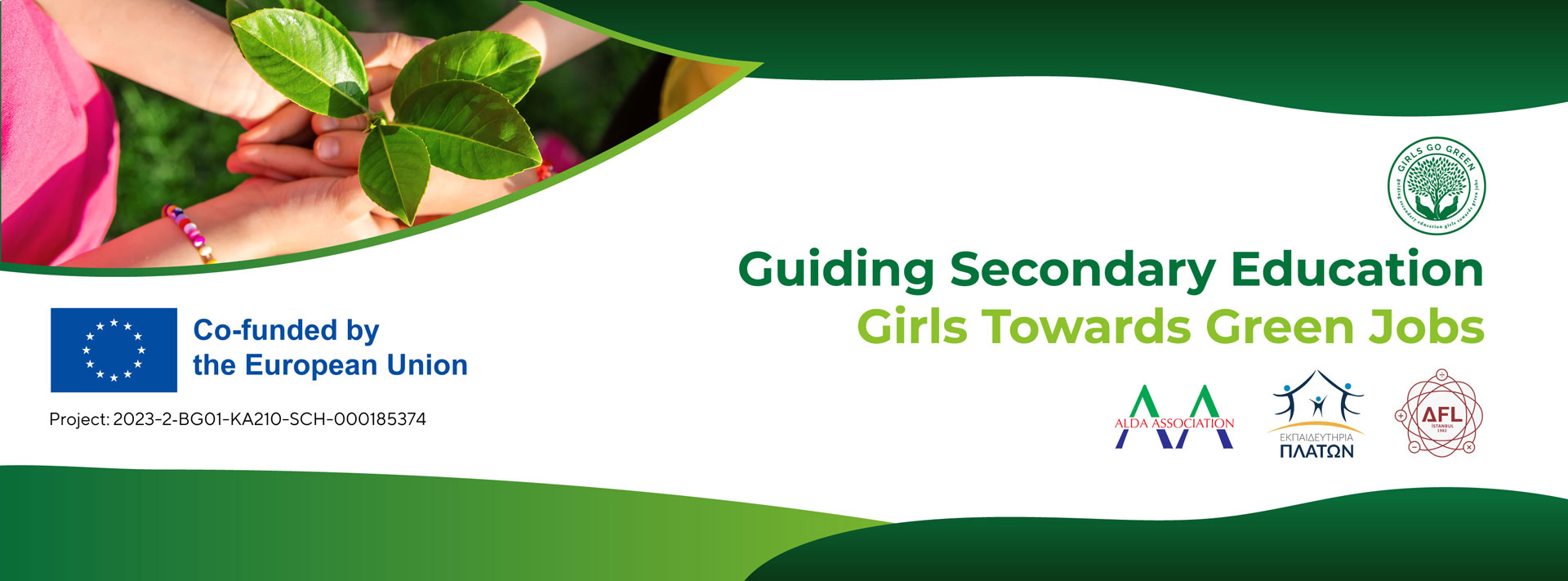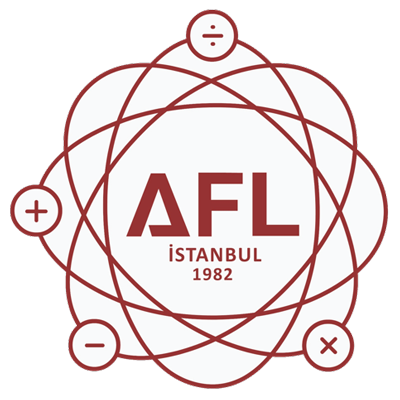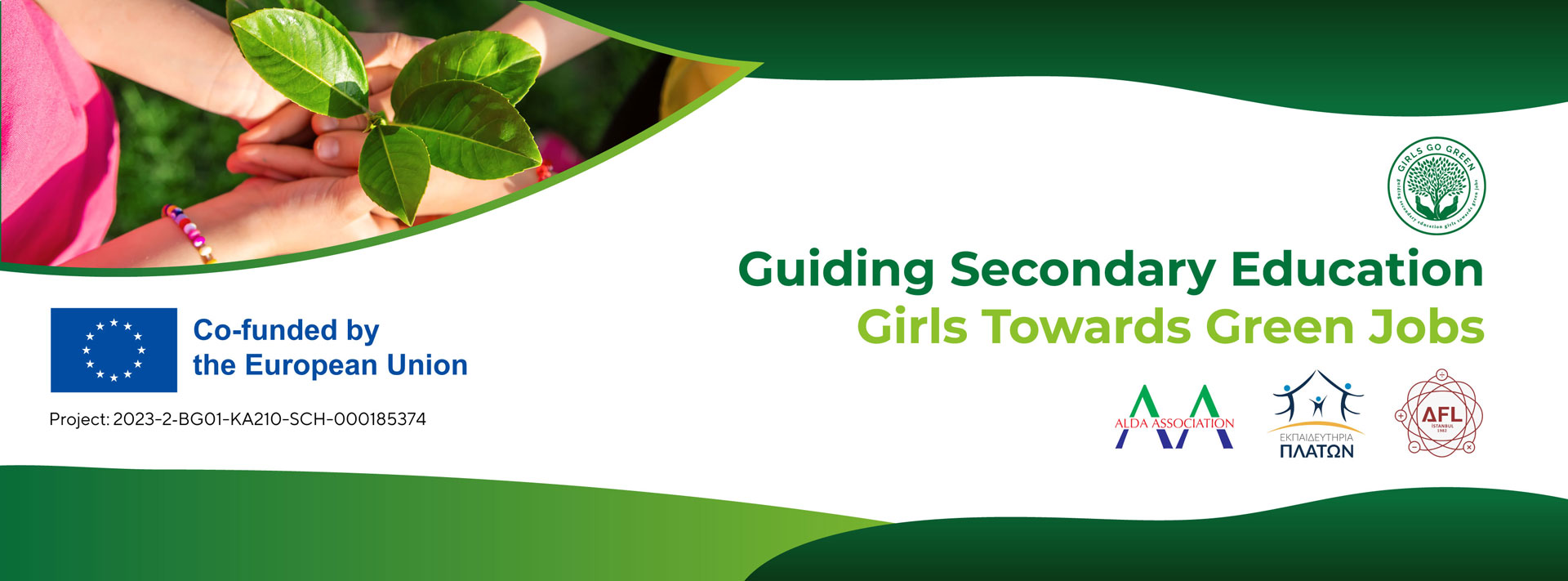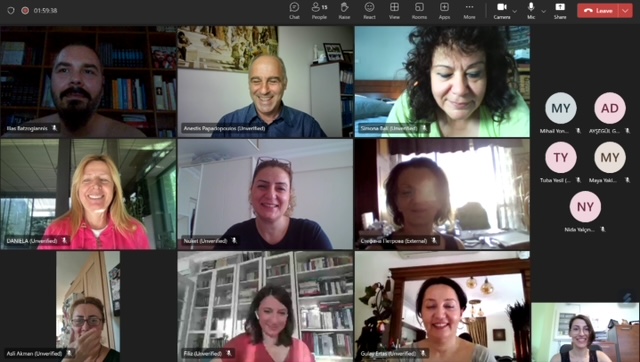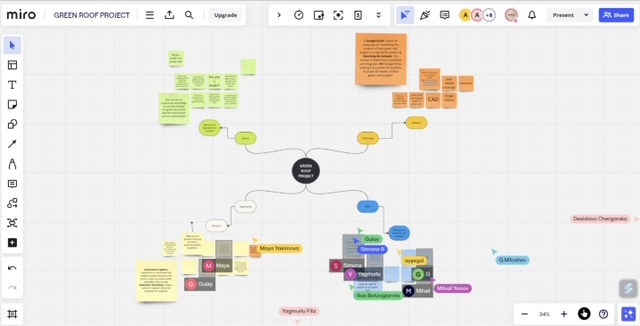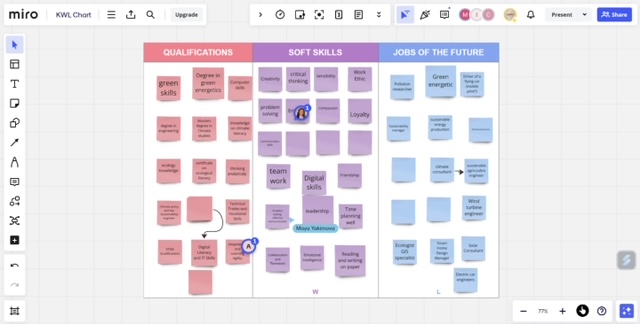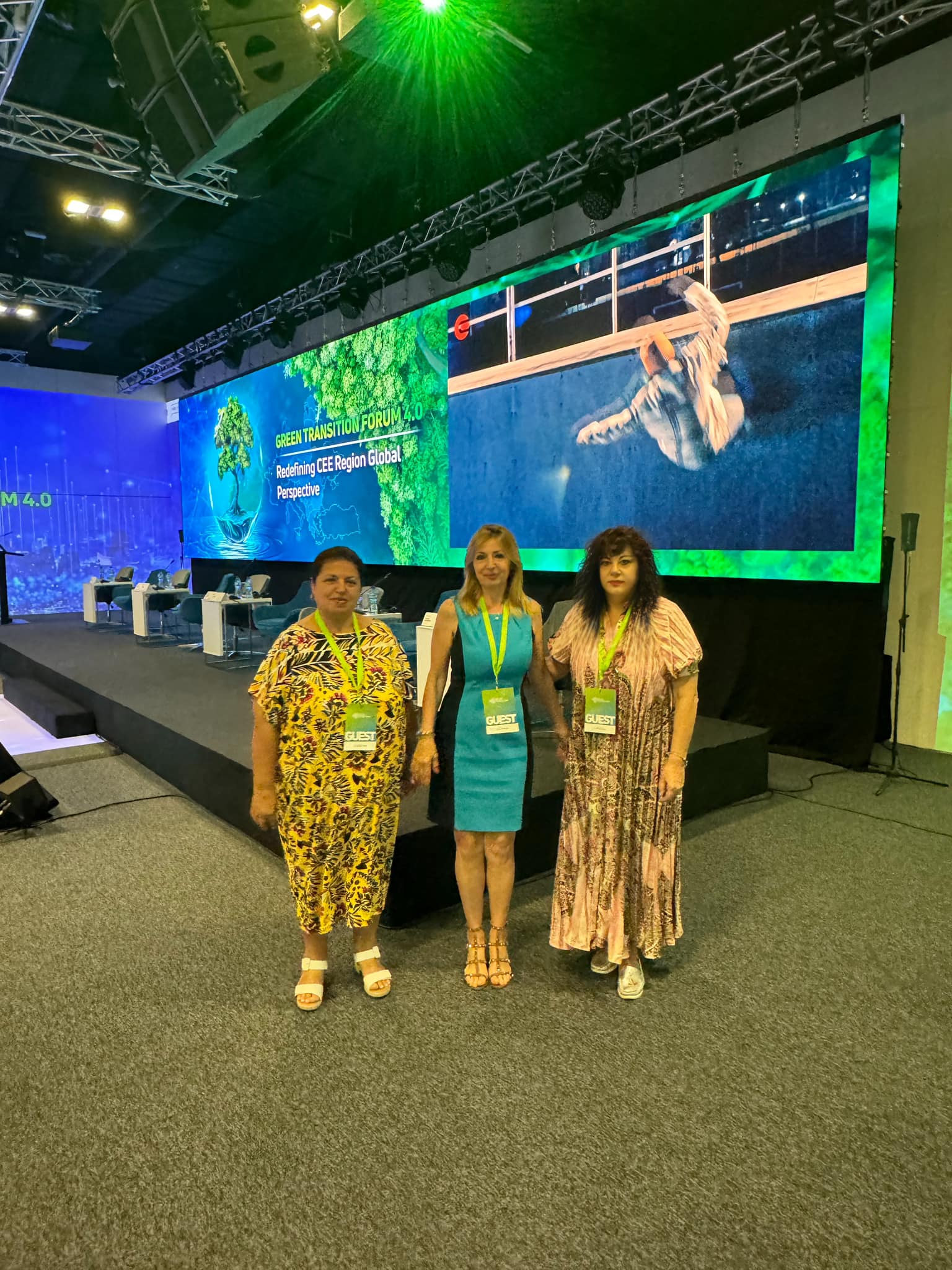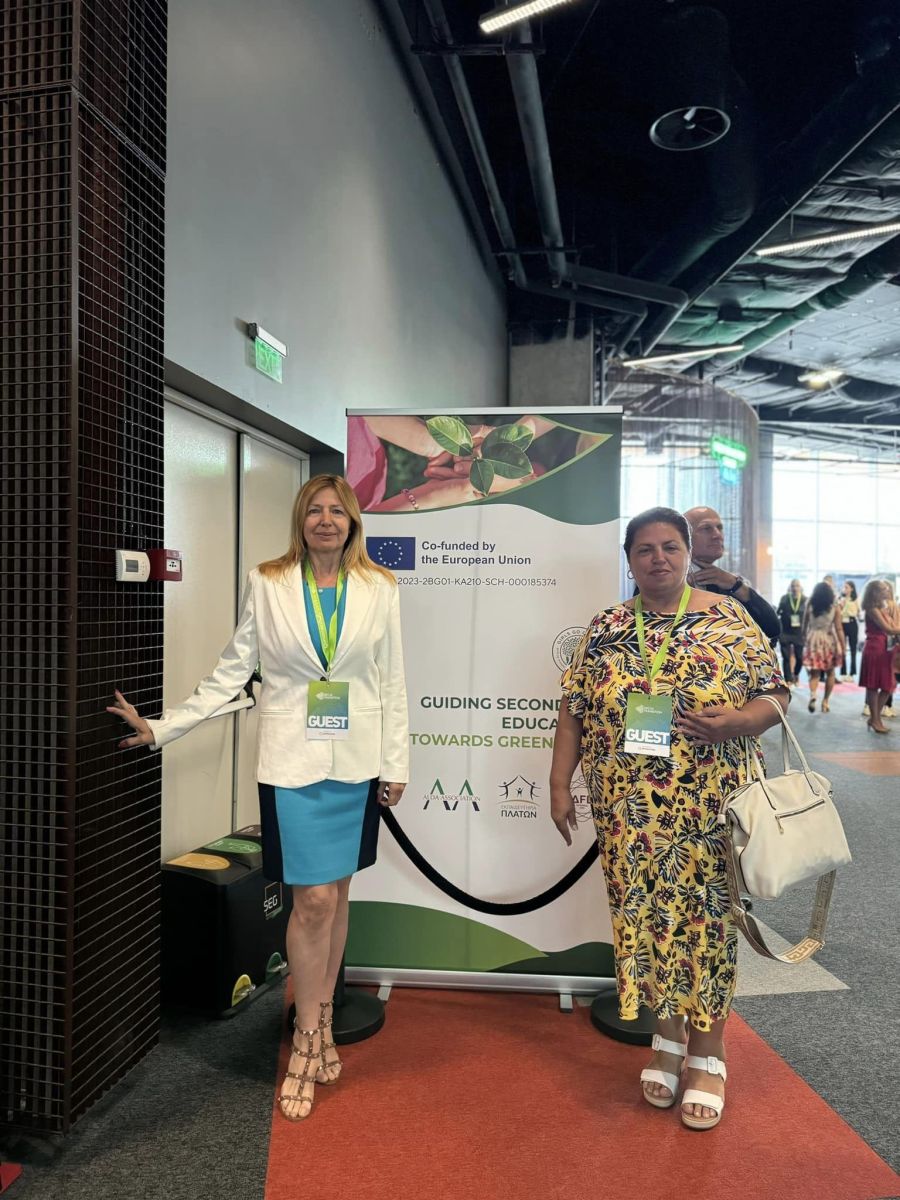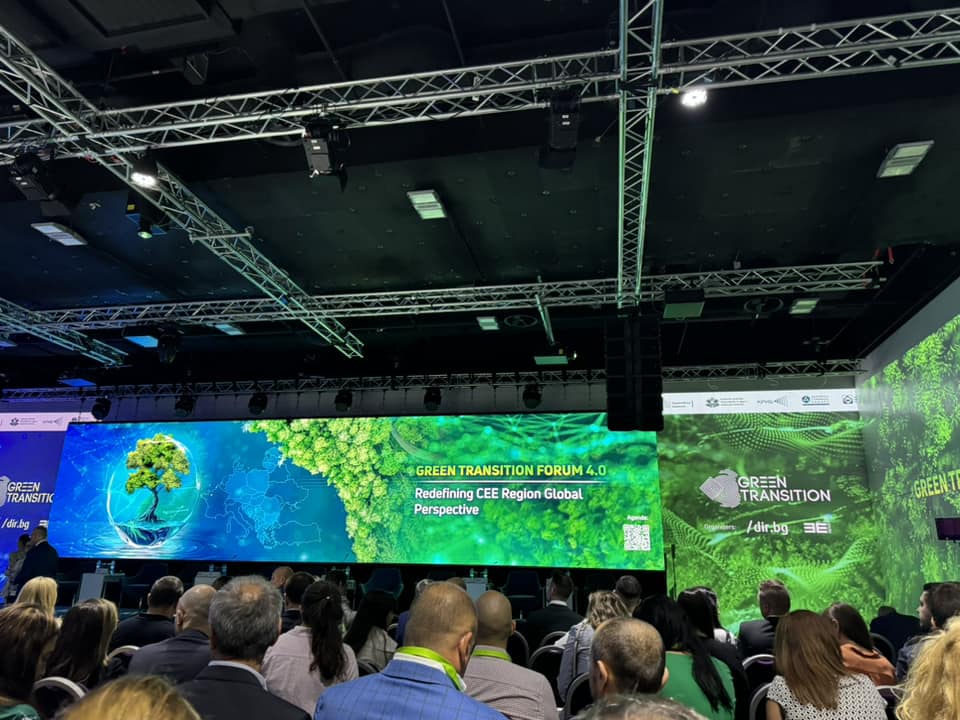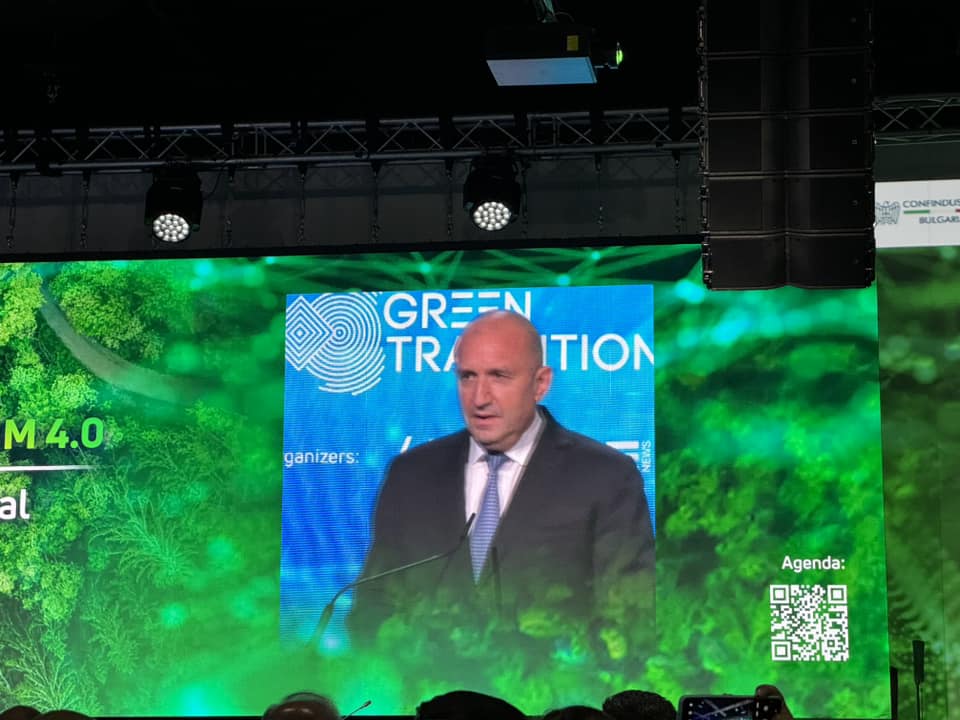About Project
GirlsGoGreen(GGG) aims to empower Secondary Education (SE) girls with green skills through innovative Challenge-Based Learning strategies and engage them in sustainability practices. It promotes the Integrated - Science, Technology, Engineering and Math (I-STEM) approach to SE teachers in STEM disciplines as an interdisciplinary teaching method in environmental and Circular Economy (CE) contexts, particularly focusing on raising the girls’ interest in STEM. It has been estimated that the CE will create 700,000 new jobs in the EU by 2030 (Cambridge Econometrics, Trinomics and ICF 2018). Engineers and STEM professionals are the frontrunners of new technological development and innovation, and, therefore, it is assumed that the transition to a CE will increase the demand for new skills within engineering and the general STEM sector where women are underrepresented.
STEM Discovery Campaign Map
Anyone who organised, contributed to, or attended any action/activity that promotes STEM at any time since May 2023 was encouraged to include it on the campaign map!

